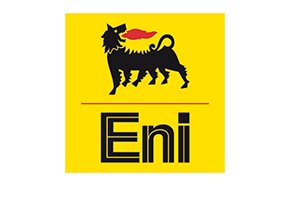By Libya Herald reporter.
Malta, 31 August 2015:
The Tripoli-based . . .[restrict]Central Bank of Libya (CBL) released figures for Libya’s financial status up to the end of July 2015.
The figures show that despite the bleak situation in which Libya finds itself in due to the collapse of its oil production and the collapse in international crude oil prices, the authorities seem to have achieved some considerable financial stability.
Revealing three sets of statistics, the CBL shows that GDP for the period is slightly higher (12.4) than 2014 (12.2) and higher than budget estimates (11.8). Spending was down 37 percent compared to 2014 and down 27 percent compared to anticipated budget estimates.
Encouragingly, the previously runaway state-sector salaries were also down by 28 percent compared to 2014 and down by 12 percent compared the estimated 2015 budget. This success is attributed to the use of the National ID Number in the disbursement of all state-sector salaries.
Subsidies were also down by 13 percent on budget forecasts and down by 52 percent on 2014. The budget deficit was also down by 60 percent on the 2015 estimates and down by 69 percent compared to 2014.
| Description | Actual Revenue / Spending to 31/07/15 – LD in billions | Compared with estimated budget to 31/07/15 – LD in billions | Compared with actual spending to 31/07/14 – LD in billions |
| Total revenue: | 12.4 | 11.8 | 12.2 |
| Spending: | |||
| State sector salaries | 9.7 | 11 | 13.4 |
| Operating costs | 1.1 | 4.6 | 1.9 |
| Development / projects | 2 | 2.9 | 2.6 |
| Subsidies | 4.1 | 4.7 | 8.5 |
| Public debt | 0 | 0 | 0.4 |
| Total spending | 16.9 | 23.2 | 26.8 |
| Total deficit | 4.5 | 11.4 | 14.6 |
The CBL also achieved drastic cuts in hard currency spending by commercial banks and by the state – which may have partially contributed to the rocketing in the black market rate of foreign exchange.
The CBL reported that Libya’s oil production was down to 21 percent of its capacity and oil exports were down to 15 percent of capacity. It warned that foreign currency reserves will be depleted and the value of the Libyan dinar will come under increased pressure if oil production and exports are not increased to normal capacity. [/restrict]










